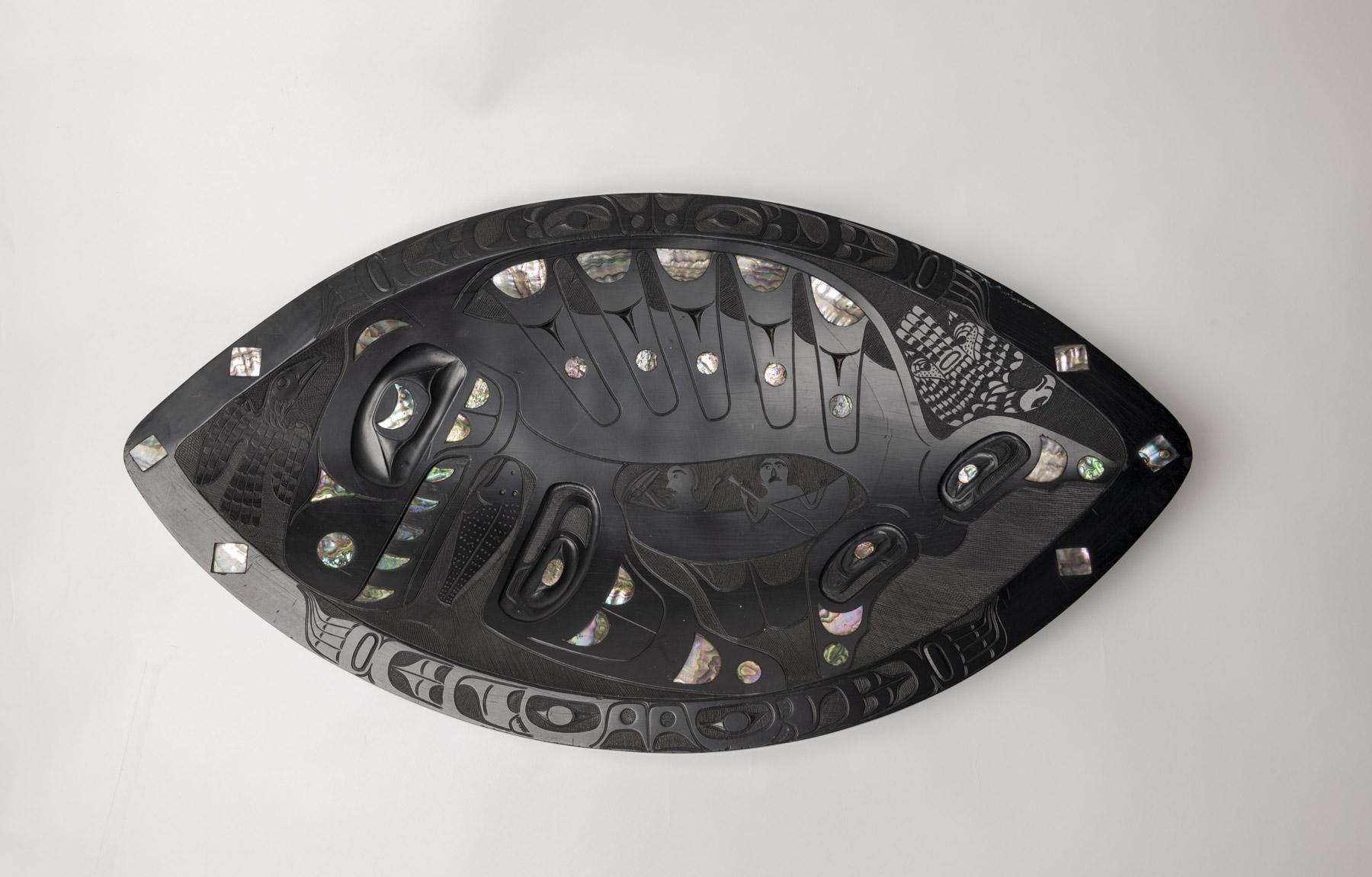GAINESVILLE, Fla. — Florida Museum of Natural History visitors can learn about native peoples of the Pacific Northwest and killer whales in the new “Whale People: Protectors of the Sea” exhibition.

The exhibit will open on Dec. 8 with a ceremony from 1 to 3 p.m. Visitors will have an opportunity to hear from members of the Lummi Nation and listen to the performance of a whale song from one of the House of Tears Carvers, Doug James.
The display features a 16-foot-long, hand-carved totem of a killer whale, or orca, and rider, with two separate 8-foot seals. The totem is surrounded by a multichannel film, creating an immersive experience with underwater footage of orcas in the wild, native ceremony and dance, and an interview with elders. This marks the first time the totem has been inside a museum.
The Florida Museum will also display artifacts from its collection, including five smaller poles, and two pipes and five platters carved from argillite. Each object has various carvings of whales, humans, eagles and bears.
“Whales and humans face many challenges today,” said Florida Museum exhibit developer Tina Choe. “With this exhibit we have a chance to connect people with information about whale protection to help them make a difference.”

The House of Tears Carvers of the Lummi Nation from the Pacific Northwest created the totem to raise awareness about threats to natural and cultural heritage. The Lummi are the original inhabitants of Washington’s northernmost coast and southern British Columbia and consider killer whales sacred. Qw’e lh’ol mechen, the Lummi word for killer whale, translates to “the people that live under the sea.”
“The totem’s journey carries a message from the waters of the northwest coast to those here on the Gulf Coast: fossil fuel pollution and industrial development places our collective natural and cultural heritage at risk,” said Beka Economopoulos, executive director the Natural History Museum.
The orca are now among the most critically endangered marine mammals. Threats to the species include depleted salmon stocks, toxic and sound pollution and a proposed trans-mountain oil pipeline expansion in Canada that could endanger their habitat.
“It is time for us to accept our inherent responsibility to take care of our home and each other,” said Jewell Praying Wolf James, master carver of the House of Tears Carvers. “I hope the killer whale totem in this exhibition will gather people, intrigue them and make them wonder how they can get involved in the whale’s preservation.”
The exhibition was created by the Lummi Nation and the Natural History Museum, a mobile and pop-up museum that offers exhibitions, expeditions, educational workshops and public programming. For more information on the museum, visit thenaturalhistorymuseum.org.
For more information on the exhibition, visit www.floridamuseum.ufl.edu/exhibits/whale-people or call 352-846-2000.
-###-
Writer: Jessica Finkel, 352-273-2032, PRintern@flmnh.ufl.edu; Nikhil Srinivasan, 352-273-2034, nsrinivasan@flmnh.ufl.edu
Source: Tina Choe, 352-273-2079, tchoe@flmnh.ufl.edu
Media contact: Paul Ramey, 352-273-2054, pramey@flmnh.ufl.edu